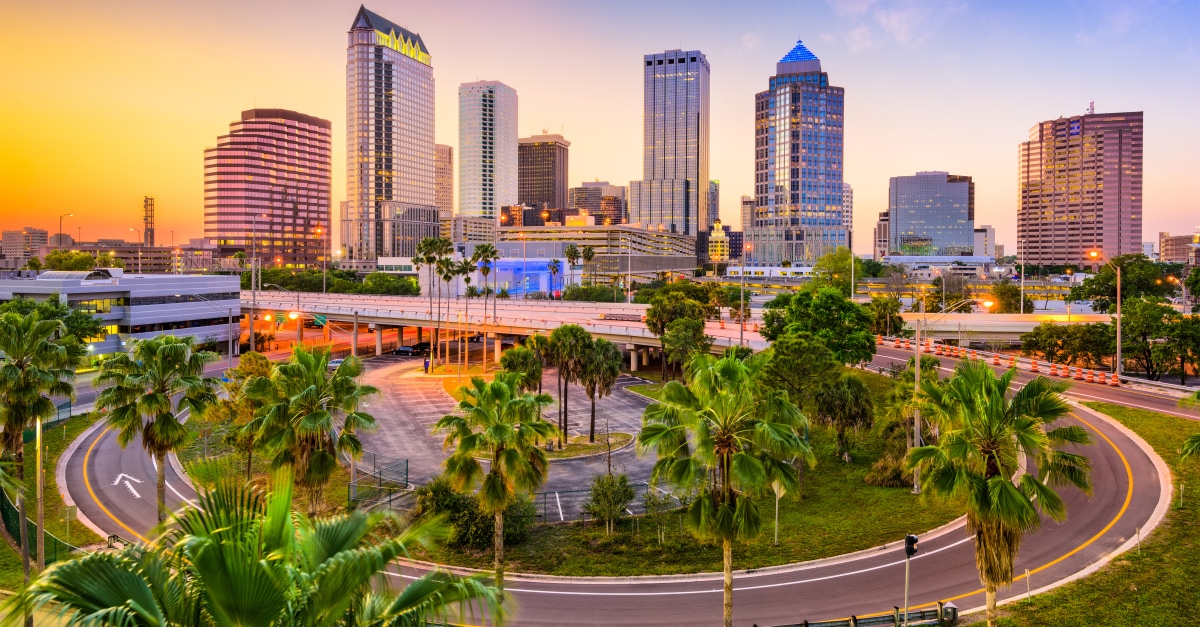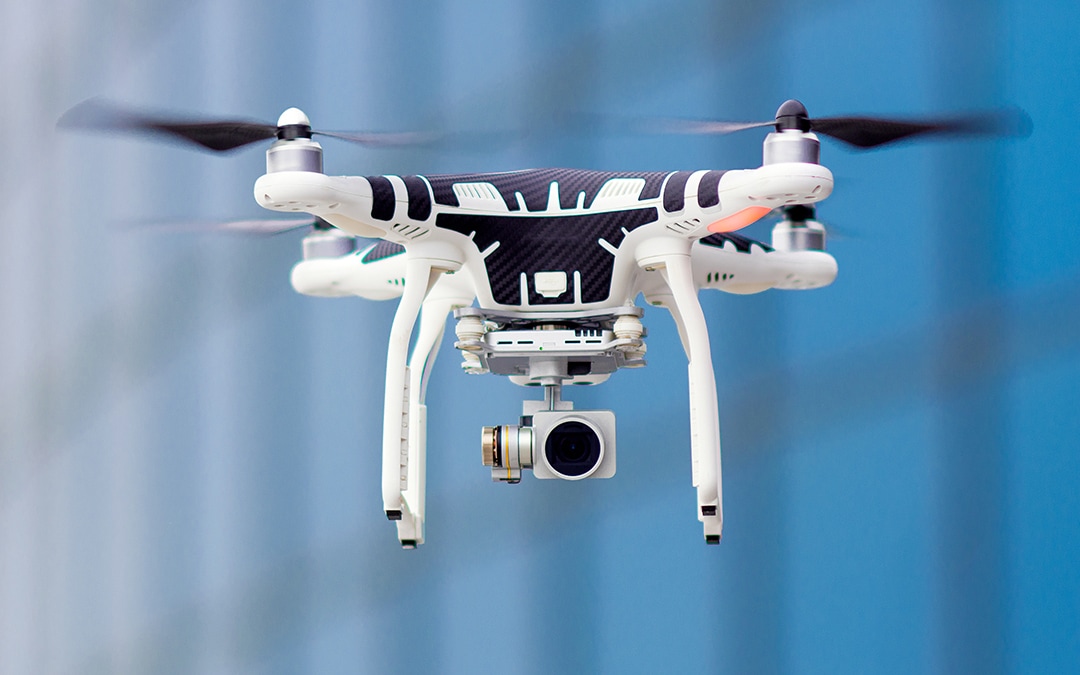John Harrington became president and CEO of Colas USA, effective March 1. His career at the ARTBA member firm began in 2015 as executive vice president of Western Operations, overseeing the subsidiaries of Colaska Inc., Simon Contractors, and Sully-Miller Contracting Co. He has 32 years of highway construction industry experience, including key southern California-based management positions at Flatiron Construction and Atkinson Construction. Harrington answered questions from Transportation Builder’s editorial team for the current issue of the magazine.
TB: As you take responsibility for Colas’ operations across the U.S., how do you see the company’s market opportunities as we settle into 2022? Does the market appear uniform nationwide, or does it vary depending on state or region?
JH: Colas USA entered 2022 in a strong position and the November signing of the infrastructure law promises to offer us great opportunities over the next few years. In some regions of our operations, we may see that impact sooner than others, for reasons outside of our control. For example, some states where we work have a great capacity to bid and manage the work these funds will generate, whereas other states, which may not have fully recovered from the pandemic, will be challenged to execute the work this year. Additionally, benefits from the infrastructure law may be tempered with some states rolling back state funded infrastructure initiatives to combat rising fuel costs. That said, we remain optimistic and are ready to perform when our name is called.
TB: Workforce recruitment and retention continue to be challenges for the transportation construction industry, as they are for many employment sectors. How are you addressing these challenges at Colas USA?
JH: We take considerable pride in the people of Colas USA, who clearly differentiate us from our competition. Thanks to our culture, we have strong retention rates and continue to attract top talent. We have made significant strides regarding equity and inclusion—whether gender, generational, or cultural. And with our focus on corporate social responsibility, our employees know first-hand that Colas USA looks towards future effects of our business and how we are taking care of our planet. We want Colas USA to be a great place to work.
TB: While the difficulties of the pandemic over the past two years cannot be overstated, it appears many industry firms have found ways to improve safety and efficiency in their operations during this time. Are there examples of this within the Colas organization, which you plan to keep and build on as we move beyond the pandemic?
JH: COVID-19 forced us to evaluate the way our business operates and how we can be more efficient with our resources. We increased our efficiencies from an administrative perspective by reducing paper waste and moving to digital processes when possible. One example of this is our implementation of a text messaging system that required all employees to complete a series of questions before determining if they were able to come into work for the day. Safety is culture based, and to be successful requires human interaction. That’s something we consistently emphasize at Colas USA. We place great value on our people and their safety. Despite the improvements we have made during the pandemic, we are grateful to be moving in a direction that allows us to operate as we do best—together.
TB: What technological advances excite you in looking ahead over the next few years?
JH: Throughout Colas, we continue to look for innovative ways to be good stewards of the environment and reduce our carbon footprint. We also continue to look for ways to use sustainable or regenerative energies to power our plants, such as solar power instead of fuel or electricity. As an industry, it’s important that we not only focus on our short-term benefits but also how we can overcome the long-term impacts that our business has on the environment. We are 100 percent focused on our clients’ needs in the short term, but also focused on our long-term vision such that we can develop products and solutions that are more sustainable. Our goal is to provide a cleaner environment in easier ways for us to travel.
TB: What is the best advice someone gave you as a young engineer?
JH: As a young engineer, the best advice I received was to look for opportunities to grow professionally and trust that the people around you will provide the necessary support. I was also told to be thoughtful about what you make a priority. This industry, as with many, can be physically and mentally demanding and it’s important to take the time to make sure you are always working from a solid foundation. I’ve also learned through my career to be mindful of the ability to build relationships—within your organization and throughout the industry. You never know whose path you may cross at any stage in your career, or which colleague you may need to call to work out a project question. Your colleague today may be sitting across the table as you pitch new business in the future. Building relationships is important but nurturing them so they are authentic is the real key.
Topic
About ARTBA
Post Type
Newsline Article
Related News

ARTBA Leaders on ‘Florida Construction Power 100’
What’s happening: City & State Florida magazine’s Feb. 21 ‘Florida Construction Power 100’…

ARTBA Welcomes Two New Members
By Krystal Taylor, senior program manager, member services, ARTBA Two new ARTBA members…

Drone Use Soars in Transportation Construction
By JOHN SCHNEIDAWIND When a 2020 landslide and pavement cracks wiped out four…
